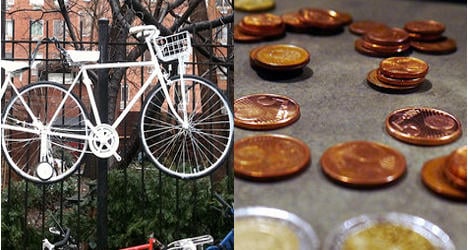As part of President François Hollande's push for transparency and honesty in French politics, his government has forced all ministers and junior ministers to declare their wealth and assets in full by April 15th.
Others outside the cabinet, including some politicians from the opposition, have joined in the act.
Some have disclosed their wordly possessions with enthusiasm, and others reluctantly. More than a few have raised eyebrows with their eye-watering wealth, or their odd property.
Hollande's quest for transparency has been criticised by politicians on both sides of the divide and at one point turned into a farce when far left leader Jean-Luc Melenchon declared his weight and shoe size.
See what the president's crusade to 'moralise' French politics has thrown up, and take a peak into the secret lives of France's leading public figures.
IN PICTURES: FRENCH POLITICIANS' SECRET WEALTH AND ASSETS
As more declarations are made on Monday, we will be updating the gallery throughout the day, so keep checking back in.



 Please whitelist us to continue reading.
Please whitelist us to continue reading.
Member comments